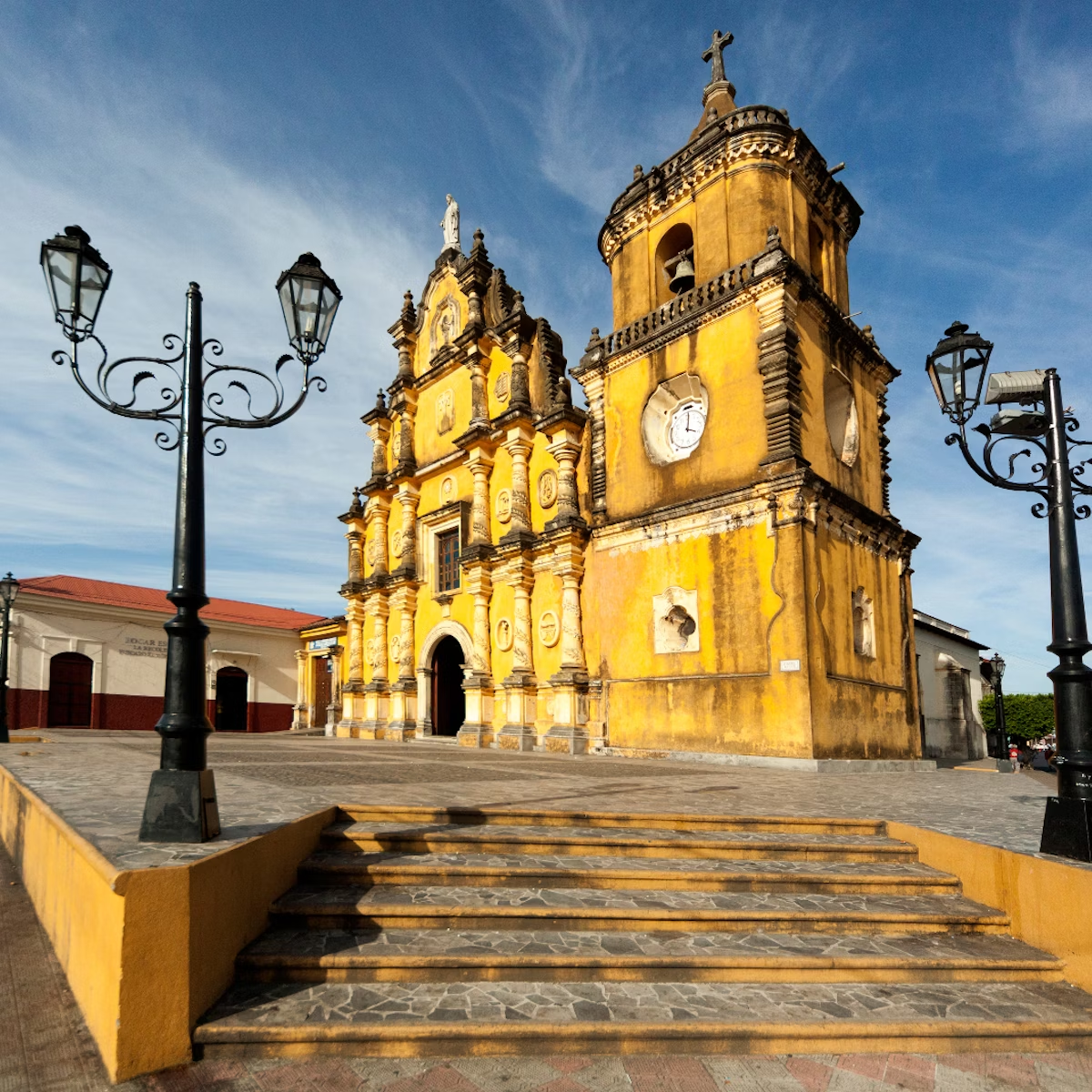This very active, 90.52-sq-km complex peaks at VolcГЎn Telica (1061m), the twin craters of which are a mere 30km north of LeГіn. Also called the вҖҳVolcano of LeГіn,вҖҷ Telica is active in four- to five-year cycles; the last really big eruption was in 1765. Most eruptions these days involve gases and a few pyroclastic belches. It's easy to combine the four-hour hike to the impressively smoking crater with visiting the boiling mud of San Jacinto. Camping overnight is popular, too.
There are several вҖҳextinctвҖҷ cones around the base, including Cerro AgГјero (744m), Loma Los Portillos (721m) and VolcГЎn Rota (832m), which has constant fumaroles.

